Greatly Improving Your Life with Better Sleep: A 4-part Series
Follow this 4-part series to greatly improve your life via a variety of excellent habits. Naturally, I will include a combination of science, simple mathematics, and general evidence.
Part 1: Rhythm and the Snoozing Dilemma (currently reading)
Part 2: Reasons to Wake Up Early in the Morning
For most of my life, I was on a constant quest to achieve quality sleep. Between the frequent coast to coast traveling in the United States and the globetrotting across oceans, my sleep routine was, at best, shitty. It was very common to find me napping in random locations.
I’ve tried many things—even counting sheep. But the sheep didn’t put up with me. In my dreams, they would show up and say, “Fuck ewe.”
Due to improper sleeping habits, I often found myself in dangerous situations as I sleepily attended to important matters. My time in the oilfield exacerbated this sleeping problem because I was working with radiation and explosives. The problem followed me to the telecommunications industry as I climbed towers. After so many near death experiences, I finally focused intently on understanding and improving sleep.
In this first installment of the 4-part series, we discuss the circadian rhythm, the snooze button dilemma, and some actionable steps toward better sleep.
Don’t Sleep on the Sleeping Problem
 Interestingly enough, improper sleep is an issue that plagues most people. However, proper sleeping habits are so crucial that, by focusing on them, you can improve your life dramatically.
Interestingly enough, improper sleep is an issue that plagues most people. However, proper sleeping habits are so crucial that, by focusing on them, you can improve your life dramatically.
You sleep for about a third of your life. This third affects the other two-thirds astronomically. Therefore, to do well in life, you must learn to sleep well.
When I developed proper sleeping habits, I dramatically improved my life beyond my wildest dreams (yes, pun intended). To be fair, my dreams are pretty wild—crazy sheep, zombie midgets, a weird mix between Dragon Ball Z and Pokémon shit, girls who don’t hate me or label me as “free food” on their phones, etc.
“You’ll look better, feel better, have more time, find true love, be able to curse out your boss and still get a raise, get mad respect, and give fewer shits.”
By improving your sleep habits, there is a 100% chance that your life, like mine, will dramatically change for the better. You’ll look better, feel better, have more time, find true love, be able to curse out your boss and still get a raise, get mad respect, and give fewer shits. Okay, I’m being a little silly—you won’t be able to find true love; there’s no such thing (ha!).
When You’ve Got No Rhythm
To understand how the sleep cycle works, we examine the phenomenon known as a circadian rhythm; it’s basically just learning how to dance around in circles.
Just kidding. A circadian rhythm regulates your sleep cycle. It is a natural, biological, and internal process (within a 24-hour time frame) that controls when you sleep and wake up.
Yes, I once became so sleepy that I, after securing myself, decided to nap on a tower at 200 feet (61 meters). Someone had to climb the tower to wake me. True story. It wasn’t very safe—for the guy who dared to wake me from my nap.
Understanding the basics of the circadian rhythm will greatly increase your ability to regulate and master your own sleep cycle. To do this, you just have to remember two things:
- A circadian rhythm is easy to understand, and it’s perfectly healthy to regulate it.
- The rhythm can be set according to your needs, so it’s entirely possible to seize control of your sleep cycle.
But in order to learn how to sleep well, you must learn how to wake up properly.
You Snooze You Lose
How many times do you think I hit the snooze button every morning?
It’s the same amount every day—zero times. I don’t even set an alarm; I just wake up in a cold sweat when the sheep in my nightmares try to kill me—yet again.
To further understand the detriments of “snoozing,” let’s start with a simple mathematical calculation.
Wait! Don’t leave! It’s just basic multiplication and division.
The average snooze duration is 9 minutes[1]. Imagine doing this every single day for a year. The result is 54 hours and 45 minutes of time over a 365-day period. Over the span of 36.5 years, you will essentially waste a YEAR’S worth of productive time (assuming you work the average 2000 hours a year)—all from hitting the snooze button.
And this is assuming that you hit the snooze button ONCE. Before I set my rhythm, I’ve been guilty of hitting the snooze button several times on occasion. Interestingly, the snooze button is considered one of the worst inventions for sleep ever.
And unless you live alone, it should be called the Make Everyone Else Hate Me and Want to Kill Me in My Sleep button. Hitting that button is basically saying, “Yeah, I’m not waking up, but I’ll annoy you until you do!”
The worst part? Those increments of 9 minutes aren’t really helping. Even if you hypothetically sleep 6 hours a night, an extra 9 minutes is 2.5% of that time—a minuscule amount.
Scientifically speaking, you’ll likely wake up feeling worse. Instead of quality sleep, you’re essentially undergoing fragmented shitty sleep. Snoozing is bad for a number of reasons:
- You’re disrupting your body’s natural rhythm by changing the time that you wake up.
- Your body doesn’t actually know your intentions; it just assumes you want more sleep, so it might commit you to a REM (rapid eye movement) cycle—the last stage of sleep where you have the most brain activity (like dreaming). But the REM stage lasts over an hour, so not finishing it will leave you exhausted.
- You’re conditioning your brain with a bad habit—one that will hinder the development of a normal circadian rhythm.
- You’re increasing the chance of angry people killing you in your sleep.
You are literally just wasting time—for nothing.
This valuable time could be directed at hobbies, family, and lucrative endeavors. And that’s is why it’s so important to establish a rhythm and dismiss the snooze button.
Once you establish an adequate rhythm, you might not even need an alarm clock. Ideally, you’ll set the alarm but wake up before anyway. Your body will just understand its own rhythm and know what to do.
I’ve tested this on myself, and the results have been remarkable. As long as I get to bed at a specific time (9 to 9:30 pm every night), my body simply knows what time to wake up (within 10-20 minutes accuracy). Surprisingly, I often wake up at the same time despite sleeping later than desired.
If you establish an appropriate circadian rhythm and ditch the snooze button, you will attain numerous benefits:
- Higher quality sleep: A well-maintained rhythm will increase the quality of your sleep. With higher quality sleep, you will be able to function well with slightly less sleep than usual. In this case, it’s both quality and quantity.
- More time: More time to be with loved ones. More time to make more money. More time to pursue your hobbies. And more time to wonder why the hell you never did this in the first place.
- Better Health: Good sleep results in better overall health and lower stress levels. You’ll look and feel better. Additionally, few people realize that one of the most effective ways to manage weight is to simply have healthy sleeping habits. Whether you’re looking to gain or lose weight, proper sleep ensures that the body is in the best state possible to help you with your goal.
- Better mental health: Mental health is strongly tied to proper sleep. Inadequate sleep amplifies stress and other mental issues while simultaneously decreasing the body’s ability to cope. Therefore, adequate sleep and proper sleeping habits will contribute immensely to better peace of mind and mental health.
[1]: The 9-minute snooze duration was set by the alarm clock’s original design—one based on gears. Over time, the default was simply left as 9 minutes because most people were used to that (although modern digital alarm clocks do allow for a variety of snooze durations).
Desperate Times: Actionable Steps to Improve Sleep
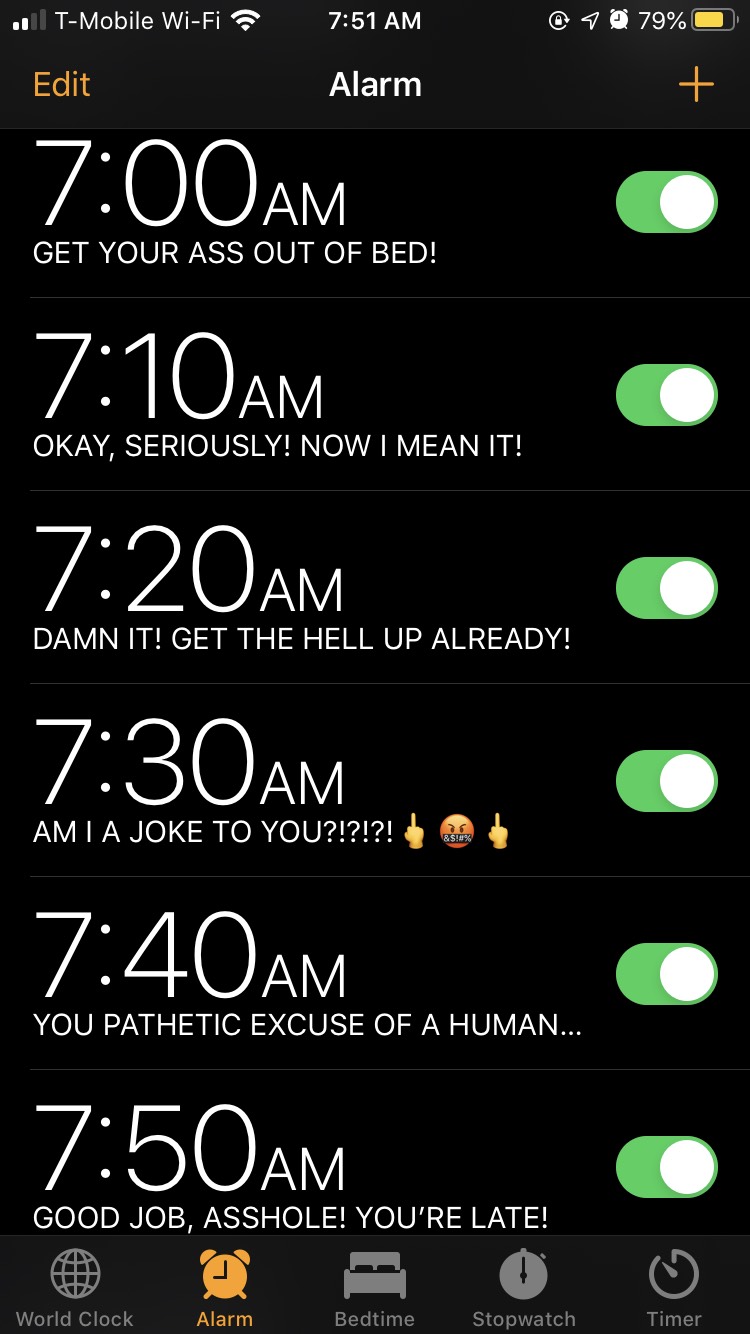 It’s kind of like me telling you to look both ways before crossing the road, wear a seatbelt when driving, not stick your hand in that dark mysterious hole, or booty call your ex when you’re drunk. These all seem like simple tasks, but each one of these tasks can be life-changing.
It’s kind of like me telling you to look both ways before crossing the road, wear a seatbelt when driving, not stick your hand in that dark mysterious hole, or booty call your ex when you’re drunk. These all seem like simple tasks, but each one of these tasks can be life-changing.
Similarly, mastering your circadian rhythm will improve your life dramatically. You’ll have more time and energy to live life, make money, and do the things you love.
Below, I share successful strategies to help regulate your sleep:
- Establish a consistent routine and get a feel for your rhythm. Set the alarm clock as you usually do, but try to sleep around the same time every night.
- Minimize lighting and digital distractions about half an hour before bed. This means that you should also stay away from a bright screen of any kind. You can also set your phone to automatically dim the lights within a certain time range (i.e. I set mine from 8 pm to 5 am). Note: If you’re one of those people (like me) who likes to listen to ASMR videos to fall asleep, then you can ignore electronic devices up until bedtime. Just make sure to dim the lighting on your device and you’ll be fine. Important: It’s crucial that you limit digital distractions before and while in bed. If you can’t stop yourself from looking at your phone, buy an actual alarm clock instead of relying on the phone’s alarm clock.
- Avoid eating or drinking heavily 2-3 hours before bed.
- Make your alarm clock a pain in the ass to deal with. Put that thing across the room or tie it to your cat. I’ve seen people use apps where they must solve a puzzle in order to shut the alarm off. If the alarm doesn’t wake them up, then the frustration will.
- Make sure your home is warm in the early mornings. Feeling cold will just encourage you to remain in a cozy bed.
- Do something quirky. Set a jalapeño near your bed and eat it to wake up. Set your alarm clock to resemble something you find disgusting or scary. As a bonus, you can’t get nightmares if you’re awake.
- Think morbid thoughts. Try, “You fucking idiot. You only have a limited number of prime years in your life and your stupid ass wants to sleep it away?! Get the hell up!”
- Take your time. The key is to remain consistent. Most importantly, you must focus on a specific and consistent time range to fall asleep. I’ve used the excuse that I was too busy, but I eventually realized that the improper sleep was making me too busy (by wasting my time).
- If you’re in a place that observes daylight savings, do NOT just sleep more. Adjust the hour of sleep, but do not change the rhythm. If the time changes by one hour, then try to sleep at that new hour. Your body won’t know the difference.
- If you need to catch up on sleep, simply take numerous naps throughout the day or across several days. Try to NOT “catch up on sleep” by sleeping in. This will disrupt your circadian rhythm.
Simply absorb the information and follow the advice on how to achieve better sleep. Soon, sleep will come so naturally to you that you’ll be able to do it with your eyes closed.
In summary, improving the quality of your sleep will allow you to improve the quality of your life. In the second part of this series, I take a more detailed analysis of early mornings and why they are fundamentally different and profoundly impactful.


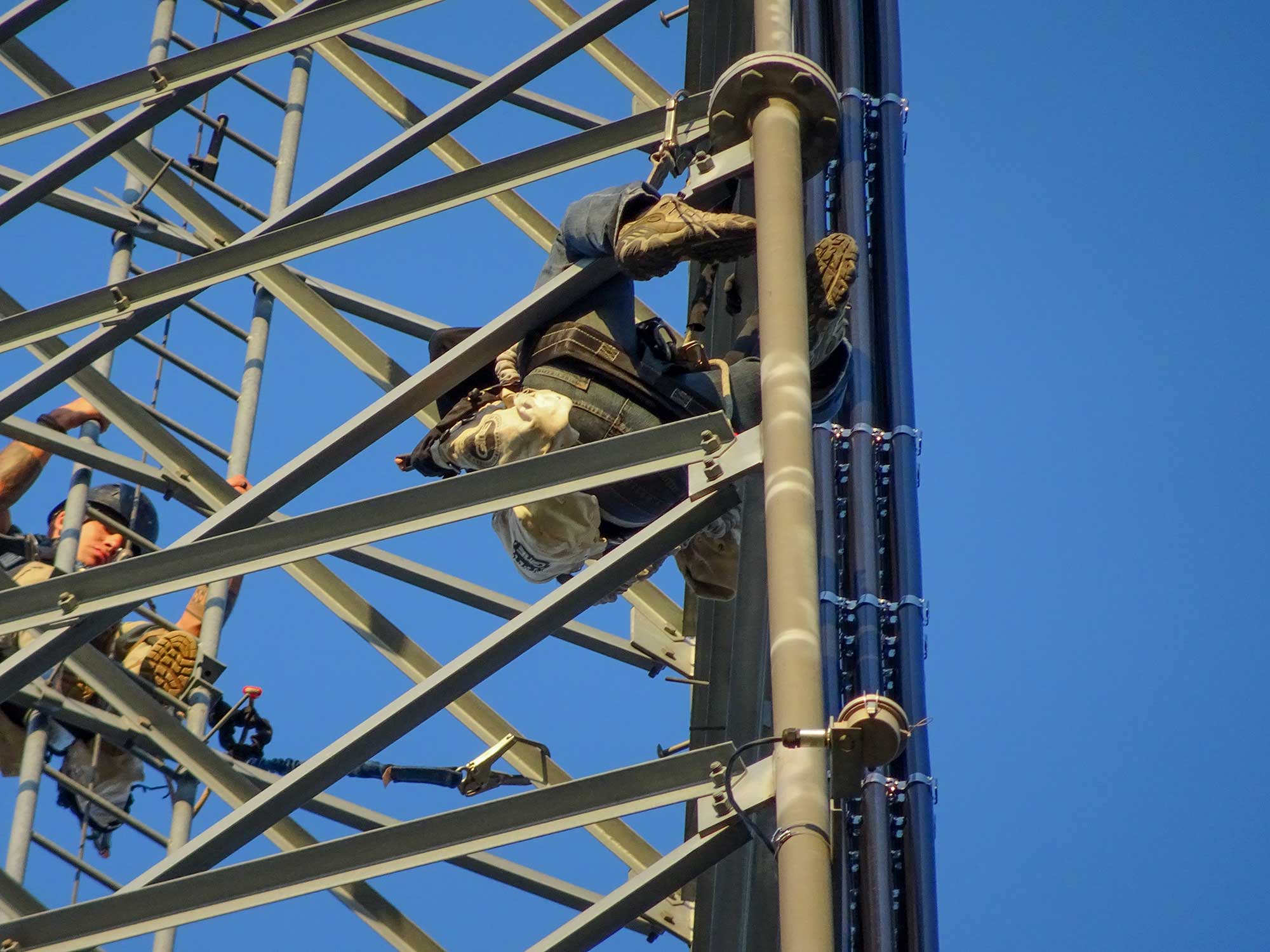
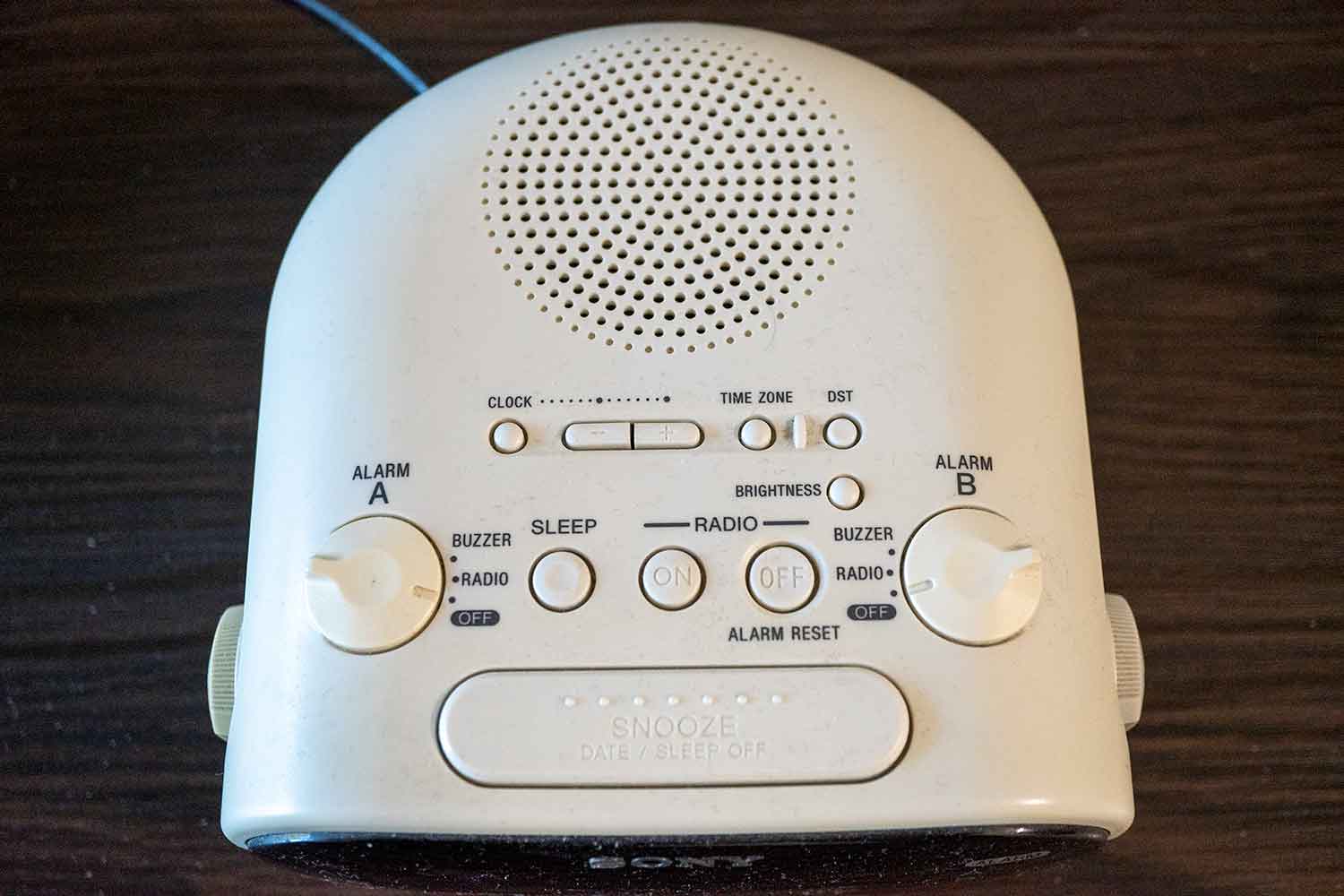
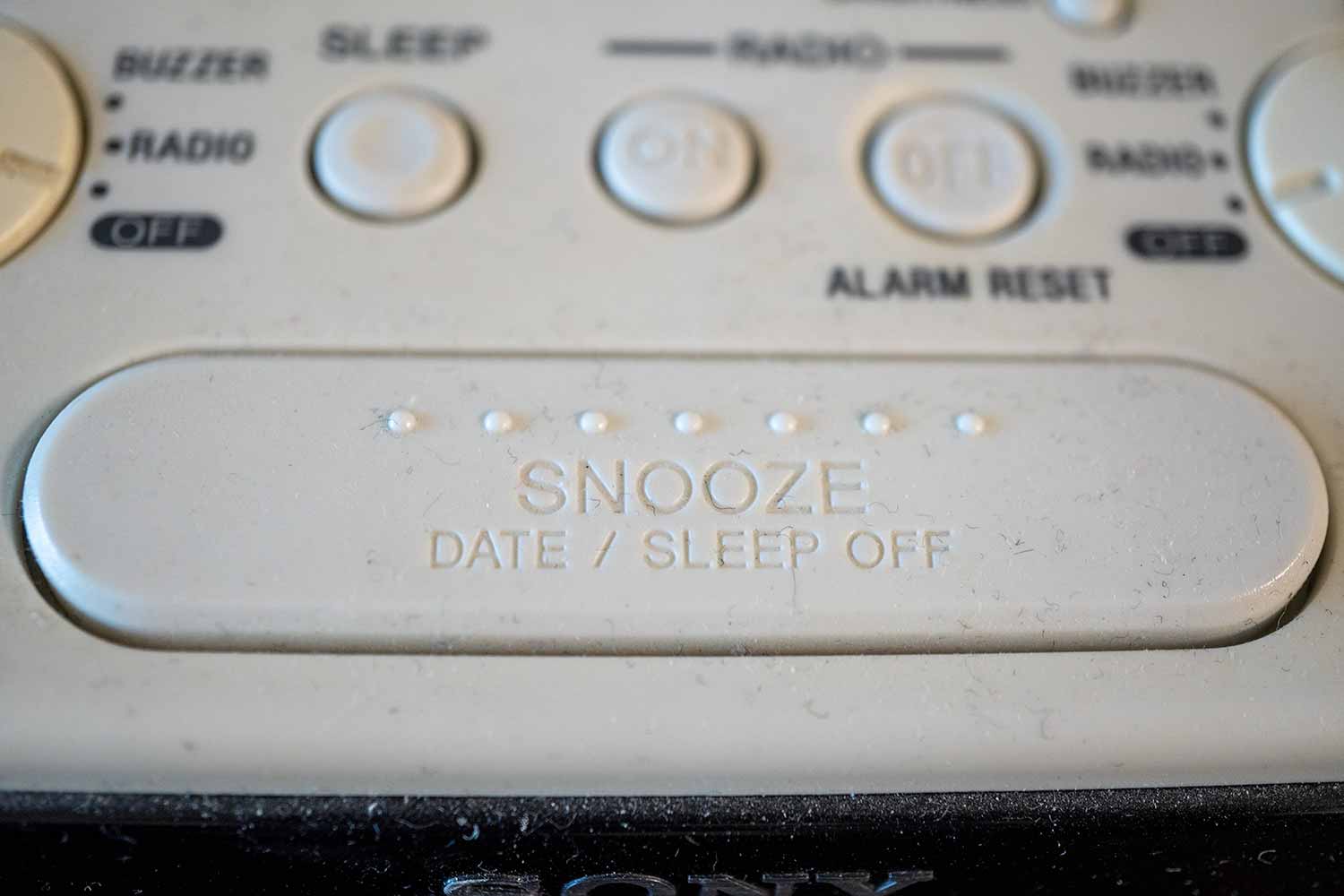
 © Copyright - Ace Adventurer
© Copyright - Ace Adventurer © Copyright - Ace Adventurer
© Copyright - Ace Adventurer © Copyright - Ace Adventurer
© Copyright - Ace Adventurer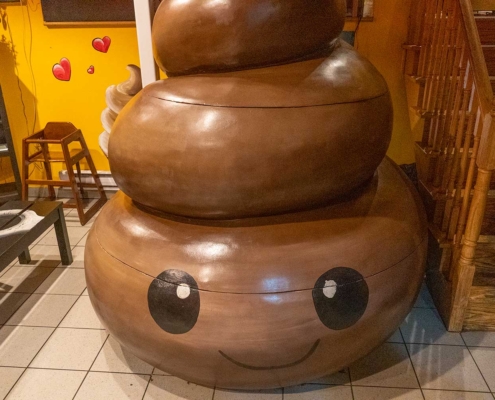 © Copyright - Ace Adventurer
© Copyright - Ace Adventurer © Copyright - Ace Adventurer
© Copyright - Ace Adventurer © Copyright - Ace Adventurer
© Copyright - Ace Adventurer
I can see that you are very passionate about this. I never thought that my sleeping problem was so pronounced until I read this. Thanks for ruining (and improving) my day. The getting up part just kills me though. It’s agonizing. I sometimes lie there for like an hour. I’ll have to try those tricks. Last resort will have to be the jalepeno though, but I’m pretty sure that’ll get me screaming and jumping out of the bed.
Urg. Looks like I’m not the only one who hates that evil snooze button. It ruins my day. My husband keeps hitting the damn thing OVER and OVER again that it makes me want to hit him. Maybe if I just smack him when the alarm rings so he’ll wake up instantly instead of hitting that snooze button.
Those pictures are so funny lolol. And that “fuck ewe” joke had me dying of laughter. I learned and laughed. Thanks for that!
Also, I laughed too hard when I read that comment about the lady wanting to smack her husband.
I am honestly so guilty of hitting the snooze button when i get up at 6:15 every morning. Ive been so guilty of sleeping my days away to try and “catch up” on sleep, and it only ever caused me to be more tired or even fall asleep at work. Others probably have the same experience, but are too afraid to admit, but we are all on this world together. Truly early birds do so much better than night owls in the fact that energy levels are indeed higher, from personal experience, and the motivation is there to get things done. Sleep is so important, and to anyone who reads this. All of this is so true.
I love the photos of you sleeping in random places (even on the tower OMG!). I never knew the snooze button could be so…life-ruining? Is that the right word?